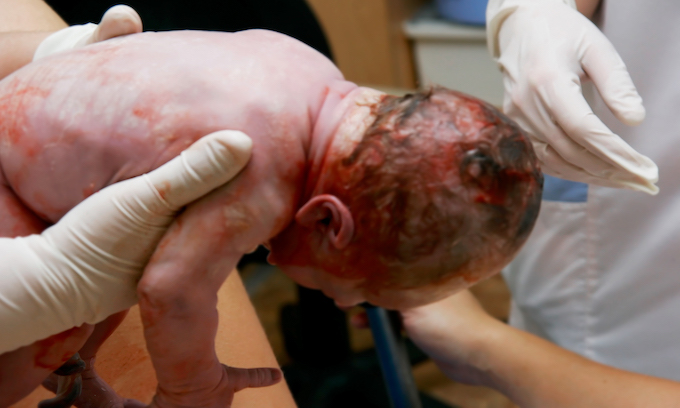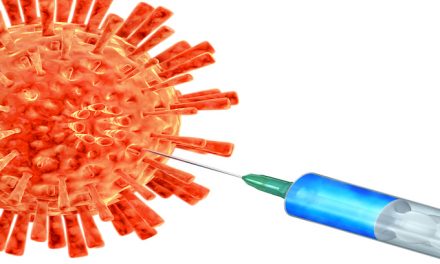Louisiana’s governor signed a new abortion bill Tuesday, which would increase penalties and give the state some of the most restrictive rules in the country.
Gov. John Bel Edwards signed the legislation, which would take effect if the U.S. Supreme Court overturns the 1973 Roe v. Wade abortion decision.
There are 13 total states with trigger laws, which only take effect if the Supreme Court does as expected.
“I’ve signed SB 342 by Sen. (Katrina) Jackson. While this legislation is similar to that passed in 2006, which is effective upon Roe v. Wade being overturned, SB 342 expands the exceptions in the 2006 legislation to include instances of medical futility & ectopic pregnancies,” Edwards, a Democrat wrote on Twitter.
“My position on abortion has been unwavering. I am pro-life and have never hidden from that fact. This does not belie my belief that there should be an exception to the prohibition on abortion for victims of rape and incest.”
The law only makes exceptions for abortions in cases of rape or incest if the mother’s life is in danger. Edwards said he supported exceptions in both those cases but that vetoing the bill would not have accomplished that.
“In fact, vetoing SB 342 would leave fewer exceptions in place than if the bill becomes law and would further confuse whether pregnancy begins at fertilization or implantation. For these reasons, I have signed SB 342 into law,” Edwards said in a statement.
The new law increases penalties for abortion providers. It raises possible prison terms from one to five years to a new maximum of 10 years. Minimum fines move from $5,000 to $10,000, while the maximum climbs from $40,000 to $100,000.
The White House has been critical of the legislation as it moved through the state’s legislature.
“The Louisiana legislature has taken the latest step in a growing attack against the fundamental freedoms of Americans,” White House Press Secretary Karine Jean-Pierre said in a statement earlier in June.
“Louisiana’s extreme bill will criminalize abortion with no exceptions for rape or incest and punish reproductive healthcare professionals with up to ten years in prison.”
Copyright 2022 United Press International, Inc. (UPI). Any reproduction, republication, redistribution and/or modification of any UPI content is expressly prohibited without UPI’s prior written consent.
—-
This content is published through a licensing agreement with Acquire Media using its NewsEdge technology.



















YAY !!!!!
Bout time.